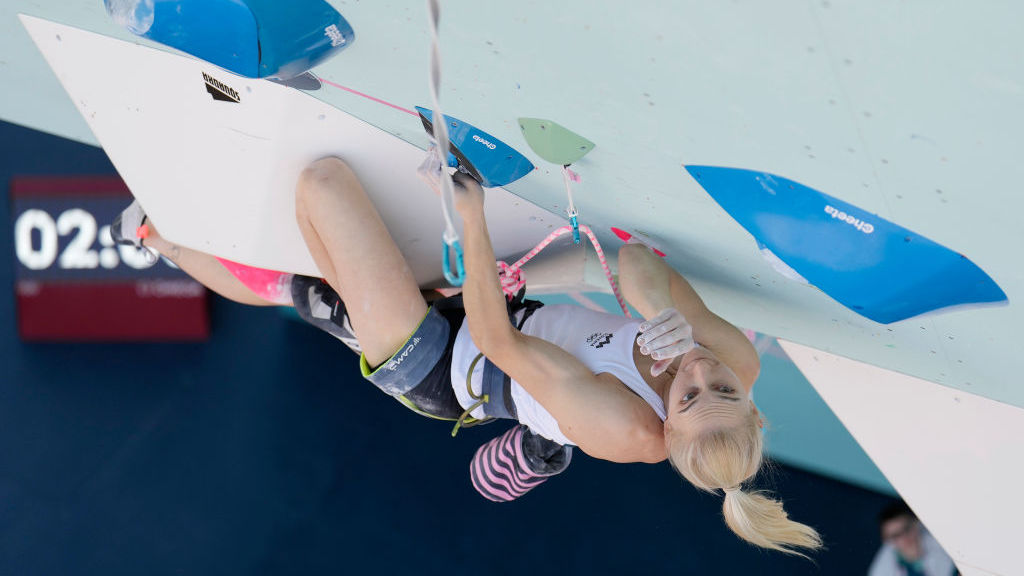7 surprising health benefits of rock climbing
Can climbing keep you young? Improve your relationships? Get you a promotion at work? Science seems to say so
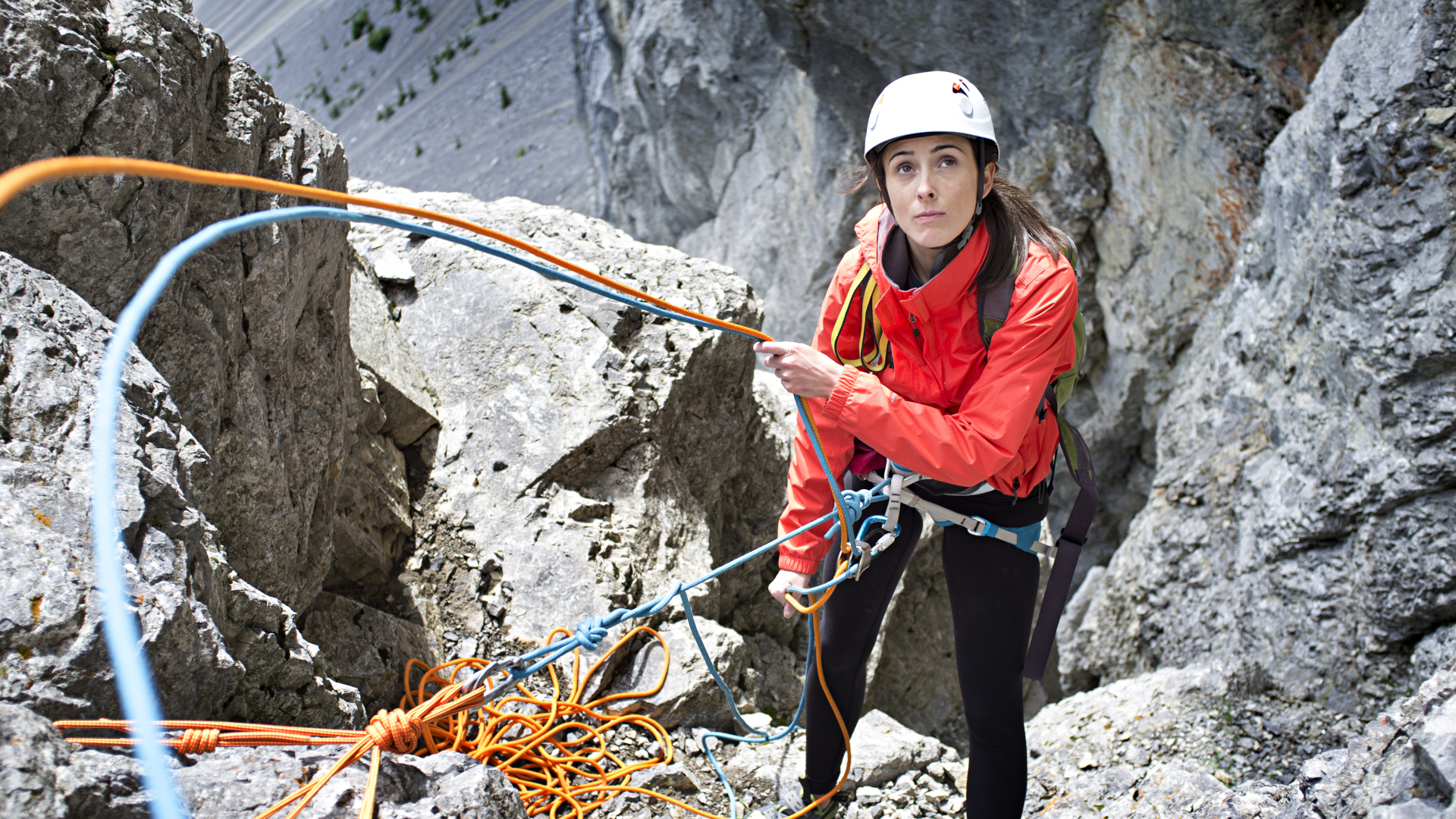
You probably already know that rock climbing is super fun and great for getting a strong grip, but can it also keep you young, improve your relationships and get you a promotion at work? Science seems to suggest so. Check out these amazing health benefits of rock climbing and find out why it’s more than just a group of eccentric folk clambering on crags around and drinking good coffee. In fact, every time you pull on your climbing shoes and get on belay, you could be seriously boosting your health and wellbeing.
1. It’s a great workout
Though it may not look like it would be a great exercise compared to, say, trail running, rock climbing provides an amazing strength workout for your upper body, core muscles and legs as well for your cardiovascular system.
As we’ve previously discussed, rock climbing is a full body workout. Working a lot of different muscles at the same time by asking them to do different actions under stress has been found to be one of the most effective means of increasing strength and fitness, which is why cross training has become so popular in recent years. But instead of mixing up your workouts at the gym, you can just keep trying different routes on the wall, or different approaches to the same route, and you’ll ensure a hefty return when it comes to physical conditioning.
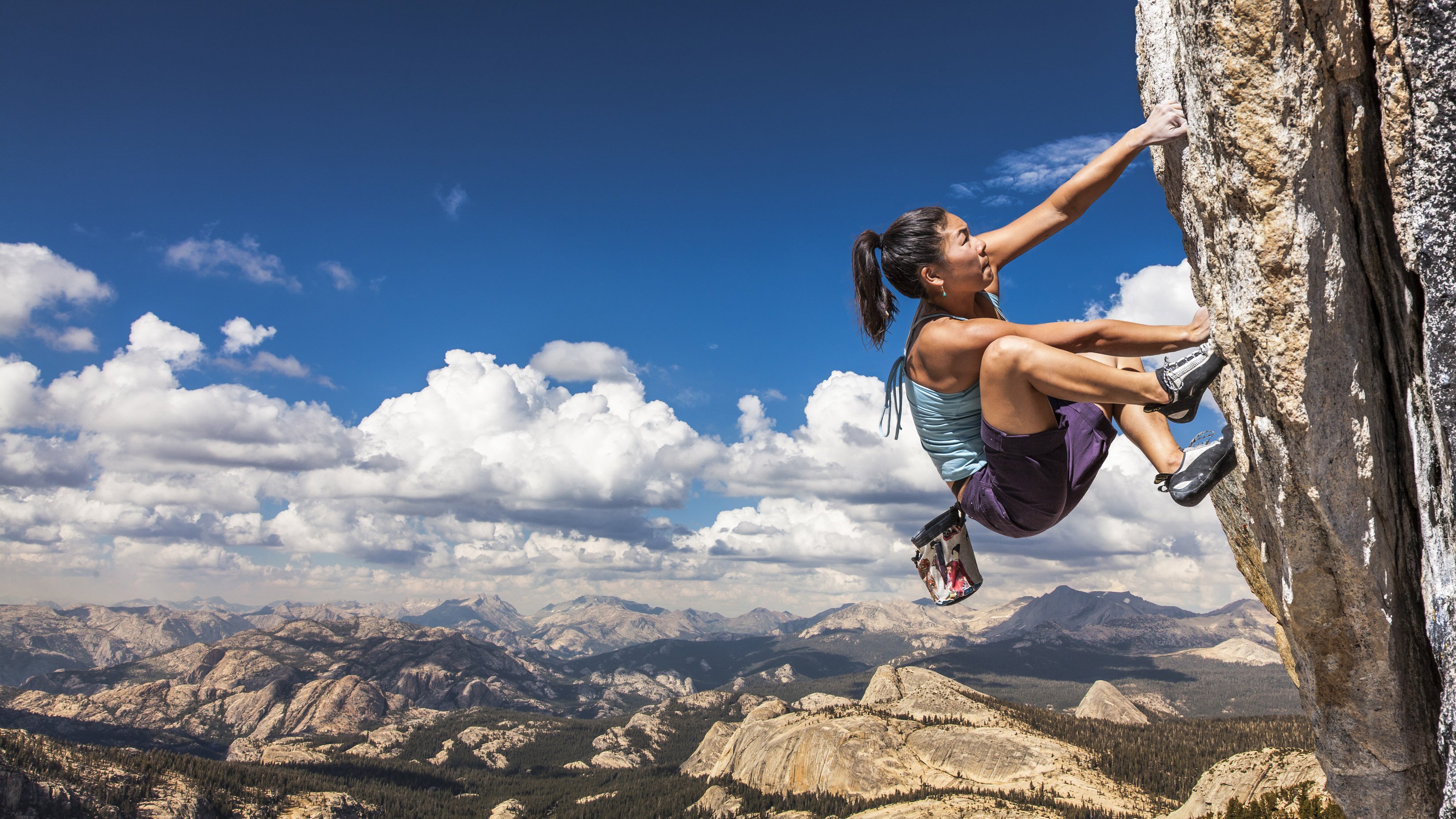
2. It improves your mobility
If we’re being honest, a lot of the activities we rely on for physical fitness – like hiking, running and cycling – strengthen your body within a repetitive, and very limited range of motion. They’re fabulous for your health but they’re not exactly known for improving your mobility, which becomes more important as we age. Rock climbing requires you to do all kinds of crazy reaches and crossovers and the more mobile you are, the better, which is why so many rock climbers love yoga. Improved mobility helps keep your joints healthy and helps you correct your posture and prevent injury, according to Harpenden Physiotherapy, so it really shouldn't be overlooked, even if you’re young.
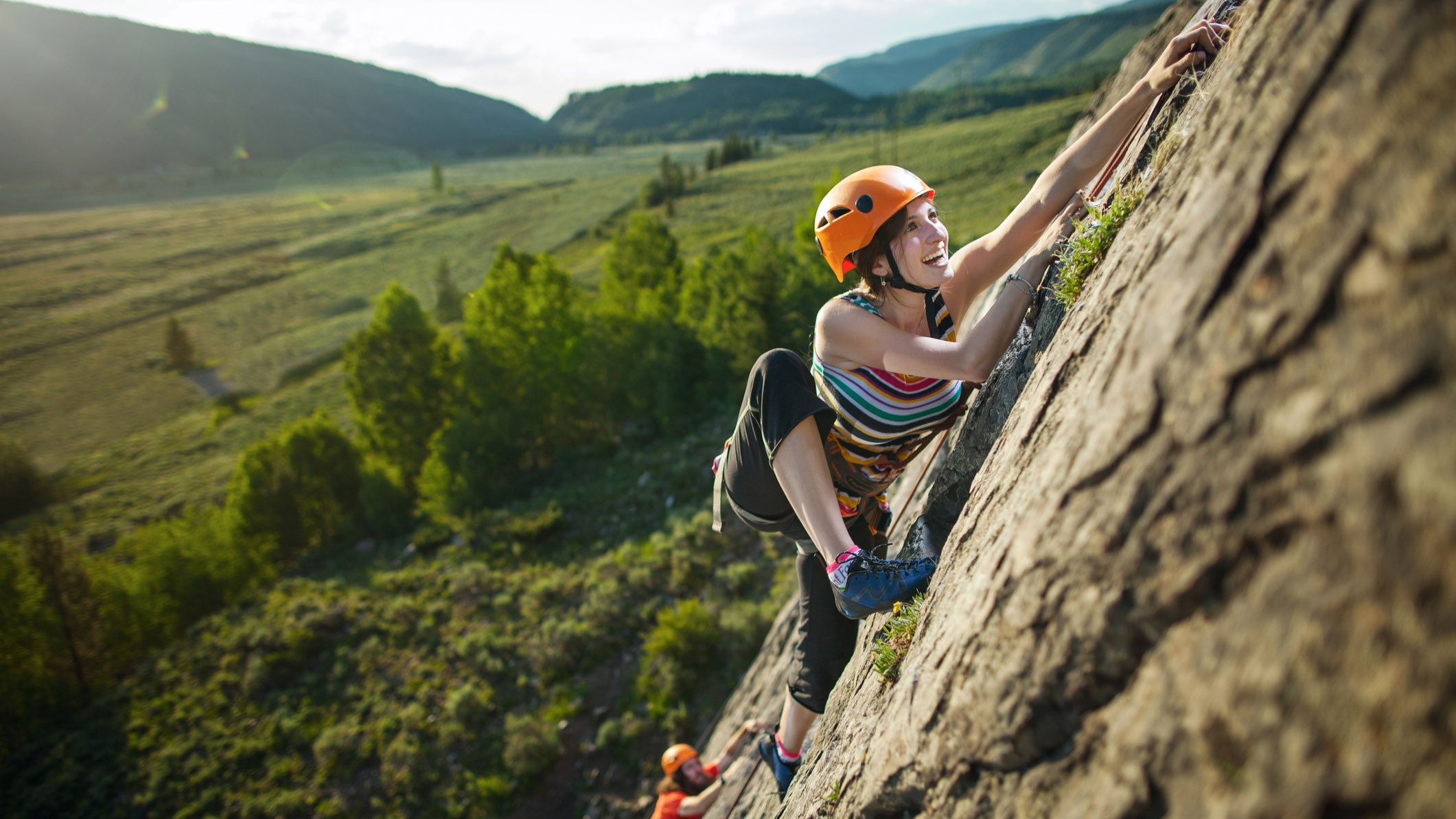
3. It’s good for balance
You’d be hard pressed to find an activity that’s better thank rock climbing for balance, except for maybe slacklining and snowboarding. In rock climbing, you’re scaling vertical or near-vertical walls and rock faces, as well as overhangs, and often relying on tiny ledges and crimpy holds. Even if you’re not free soloing El Capitan, you’re still trying to avoid a fall at all costs by hugging rock. These types of mad moves might not seem to have much bearing on activities you do in everyday life, but as you age it will help prevent your risk of falling and to complete tasks like climbing stairs, according to Heart.org. Plus, it beats standing on one foot while you brush your teeth in the morning.
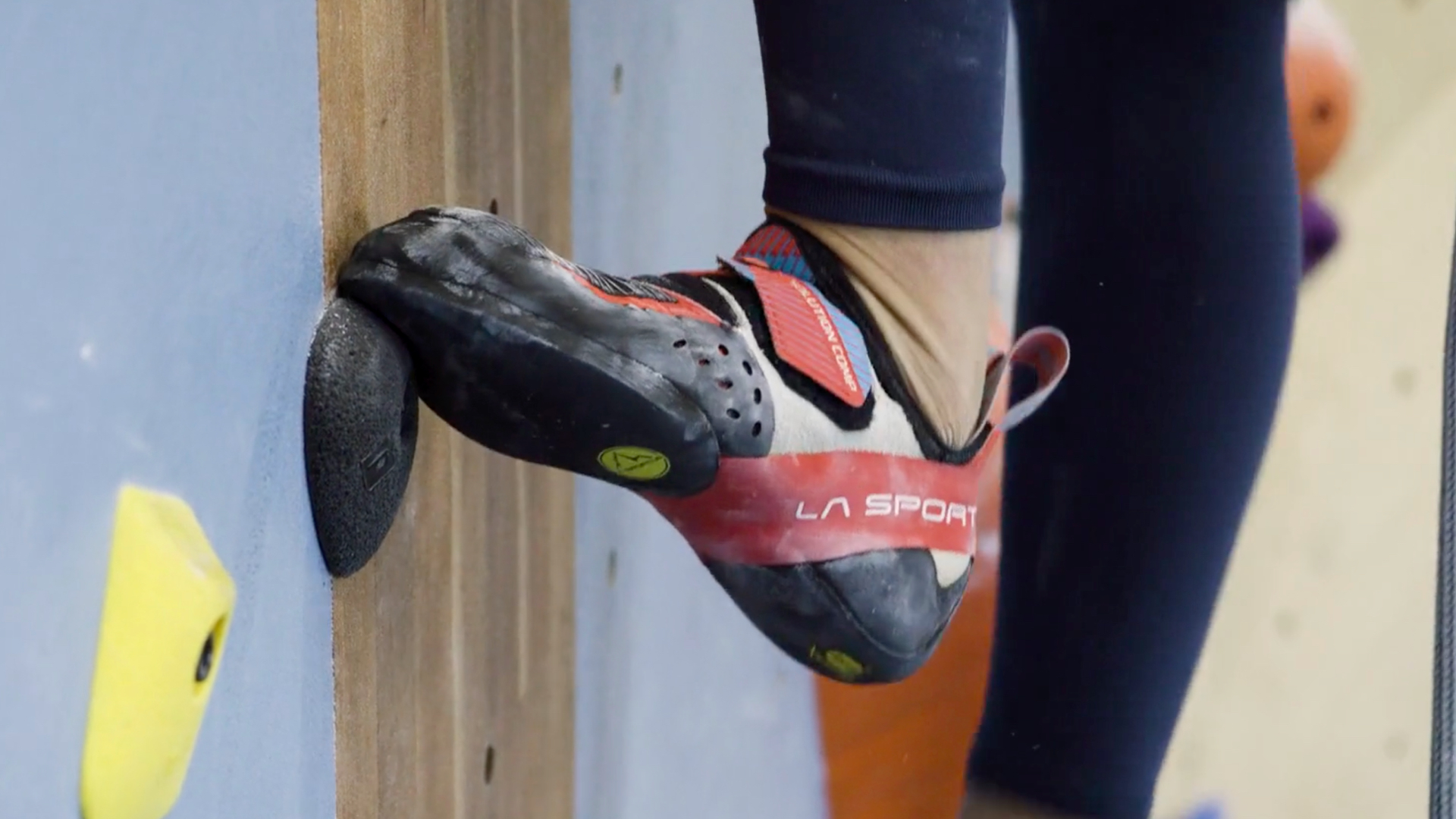
4. It improves your problem-solving skills
Rock climbing is all about solving problems. In fact, in bouldering a route is known as a 'problem'. Even if you’re sport climbing and the bolts are drilled into the walls, there are still countless different ways you can climb a route depending on your skill level and even your height. There’s a reason why you had to do all those math problems about how quickly Johnny could reach the shops driving at 20mph when you were a kid, and it’s because problem-solving is a vital skill for surviving and thriving in the world. You need to solve problems every day, in your finances, your relationships, and your job, and it’s one of the top skills recruiters look for in new hires according to Graduateland. Regular problem-solving may even slow down your cognitive decline as you age, which is why many people do the crossword puzzle religiously, but we think rock climbing is more fun.
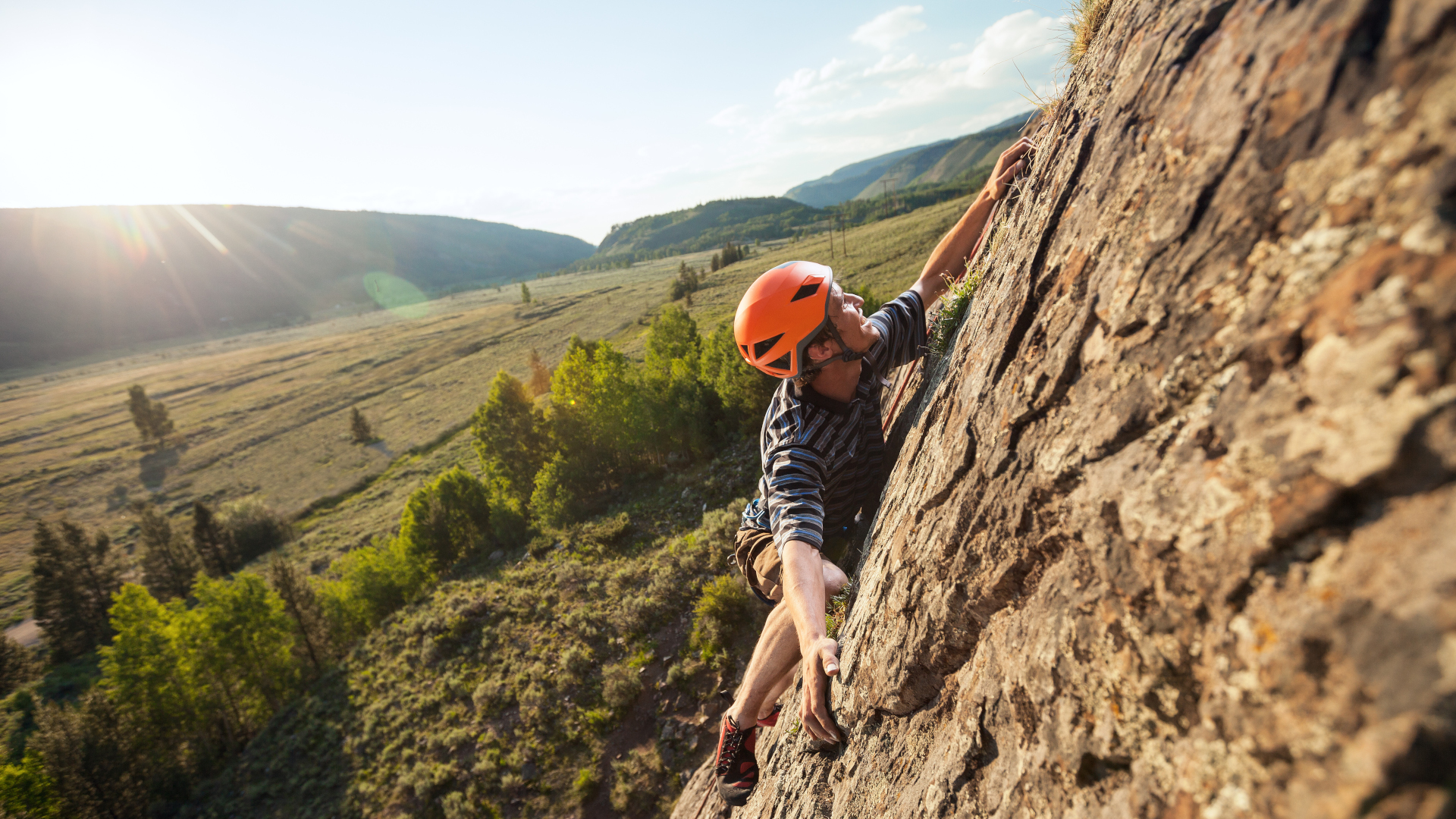
5. It’s highly social
After the last couple of years of the pandemic, social interaction is more important than ever and where hiking and running can be quite solitary activities (though you can run with a partner or hike in a group), rock climbing practically demands you to be social. OK, it's possible to climb alone if you’re really skilled, but it’s never recommended. Chances are you’re going out with at least one other person, your climbing partner, and it’s definitely an activity where you can usually just show up at the crag or the indoor wall and find like minded people to climb with. We probably don’t need to tell you about the benefits of socializing, but in case you need a refresher, it sharpens your memory and cognitive skills, increases your sense of happiness and wellbeing, and may even increase your lifespan, according to the Mayo Clinic. Climb on!
Advnture Newsletter
All the latest inspiration, tips and guides to help you plan your next Advnture!
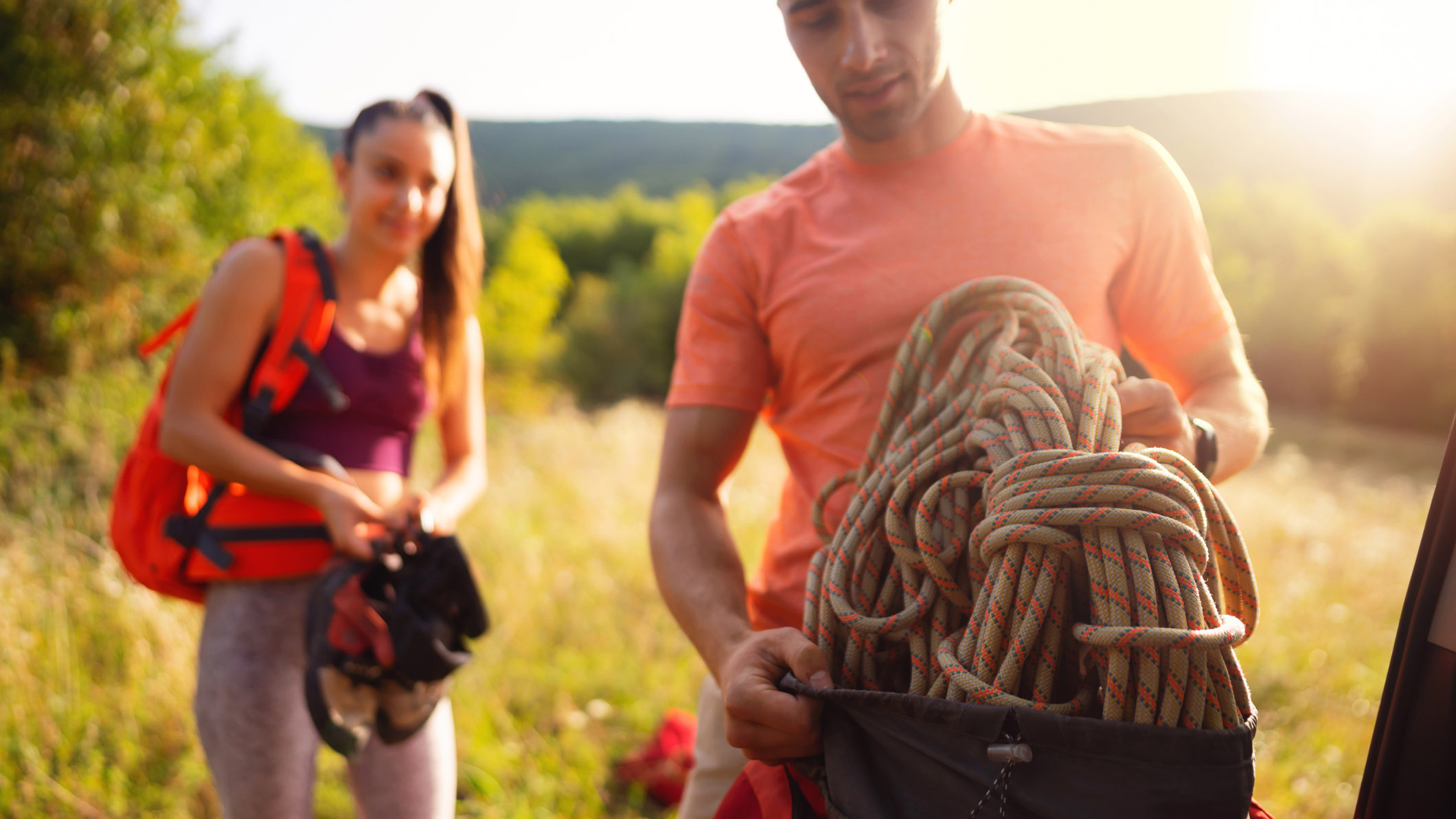
6. It’s great for your self-esteem
Though this isn’t unique to rock climbing, climbing can definitely help boost your confidence and self-esteem. A 2016 study correlated any physical activity with increased self-esteem in adults, while a 2017 study by researchers at the University of Arizona suggests that rock climbing may actually be an effective form of psychotherapy for treating depression. Of course, factors such as your climbing community and injury can also impact how climbing affects your self-esteem, but if becoming physically stronger and improving at climbing does increase your confidence, the chances are that you’ll do better at school and work, enjoy better relationships and lower stress levels, according to UC Davis.
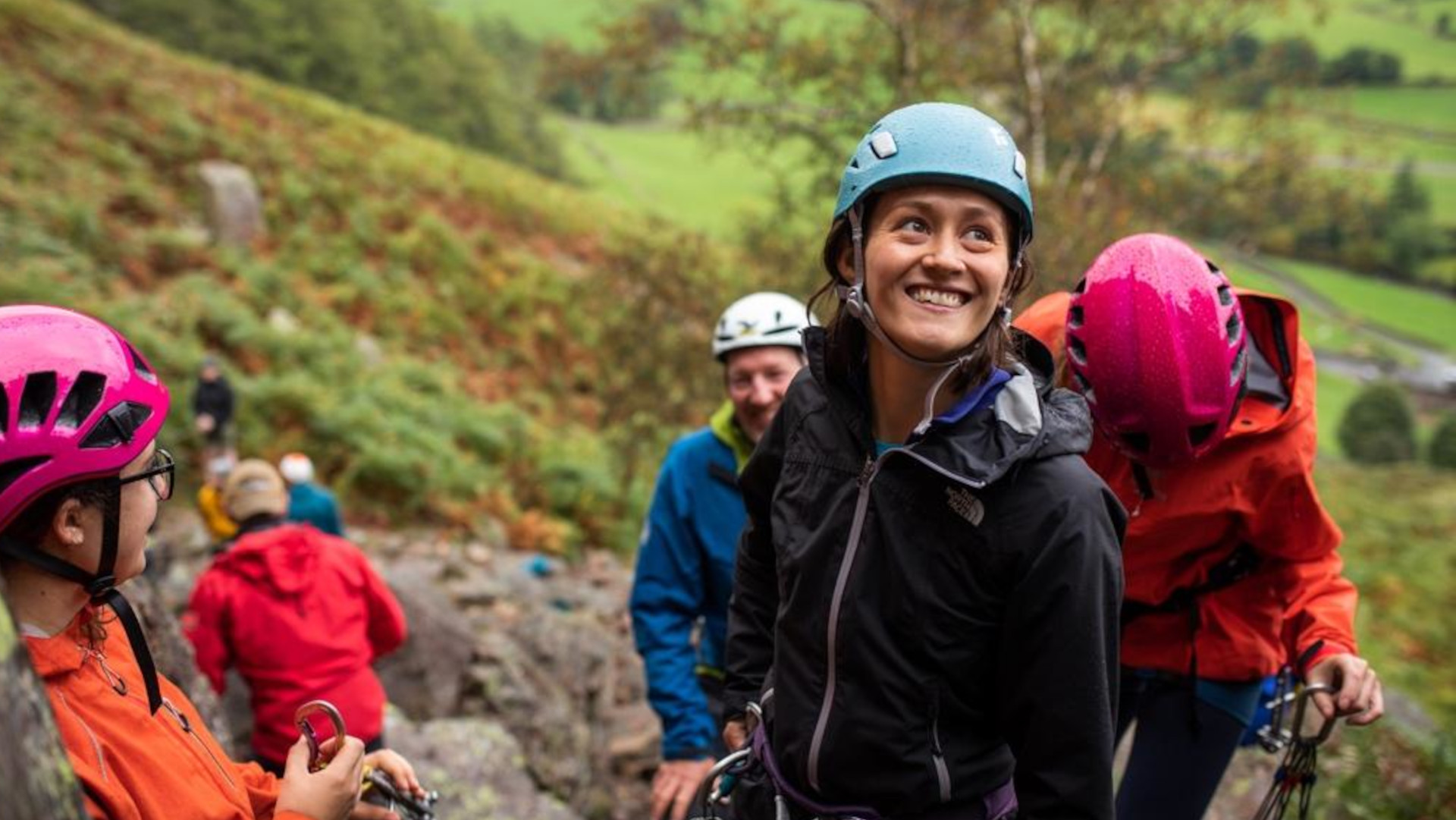
7. It will take you to some amazing places
You don’t ever have to start climbing outdoors and sure, climbing might only ever take you to the same climbing gym three days a week, but if you do go outside, rock climbing will take you to some of the most incredible places on earth. From your local crag to Yosemite National Park, Greece, the Dolomites, France…the climbing world is your oyster. We already know that travel and vacations are great for stress, but a 2017 field study suggests that it’s also good to promote creative and original thought.
- Best women's climbing shoes: for indoor climbs and mountain adventures
Julia Clarke is a staff writer for Advnture.com and the author of the book Restorative Yoga for Beginners. She loves to explore mountains on foot, bike, skis and belay and then recover on the the yoga mat. Julia graduated with a degree in journalism in 2004 and spent eight years working as a radio presenter in Kansas City, Vermont, Boston and New York City before discovering the joys of the Rocky Mountains. She then detoured west to Colorado and enjoyed 11 years teaching yoga in Vail before returning to her hometown of Glasgow, Scotland in 2020 to focus on family and writing.

